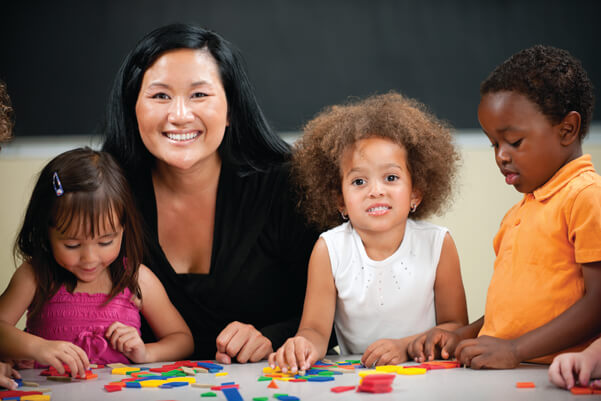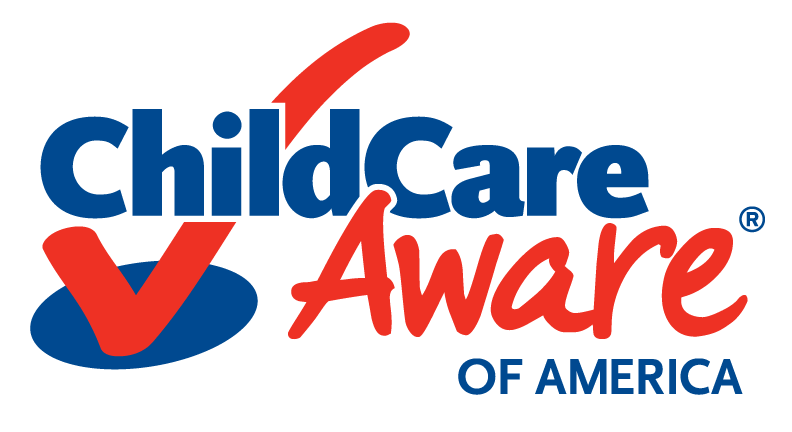

One of the most pressing issues that families and educators both face today is raising children to be both culturally competent and sensitive to their environment from a young age. It is vital that children learn how to respect and accept people whose culture and background differ from their own. Without implementing these values into our children, we put them at risk of growing up into adults who contribute to the problems brought on by the discrimination in society. It is the responsibility of educators and parents to help prepare children at an early age with the knowledge, attitude, and skills to be able to excel in our complex and diverse world.
The infrastructure of self-awareness begins at the infant and toddler stages, it is during this time period that children begin to understand who they are. In fact, according to Scan Virginia, children as young as two, start to become aware of differences such as gender, ethnicity, and disability. It is also during this time of adolescence that children become sensitive to both the negative and positive attitudes and biases attached to identity as reflected by their family, school, community, or just the world in general.
According to UUA’s general assembly of 2012, it is by the age of 9, that children’s cultural attitudes are set in, and tend to stay constant, unless the child is faced with a life changing event. This is why it is imperative to teach children cultural competence at ages early as preschool.
The task and responsibility of teaching cultural competence to preschool aged children is one that many may find burdensome. However, it can be quite straight forward. With young children, educators and families can start with activities such as doing skin color match-ups with flesh colored crayons, doing thumbprints to show the similarities and differences among other children, or even having children explain to each other their family’s traditions. The best place to implement these activities would be in a place that is diverse, such as a classroom. When children are taught to understand these cultural differences, they are more likely to accept them.

To ensure, early education facilities are taking the necessary steps to promote cultural competence, regardless of the activities one chooses to do that, the reauthorization of the Child Care and Development Block grant (CCDBG) will provide training to parents and educators to prepare them with the necessary tools to provide high quality education on cultural diversity among other things. With the collaboration of educators and families, we can teach children cultural competence and acceptance, and shape them to be the future leaders this community needs.
By Summer Intern Makala Graves
{{cta(‘c043ecda-d886-4e27-90ce-10cccee345a9’)}}


